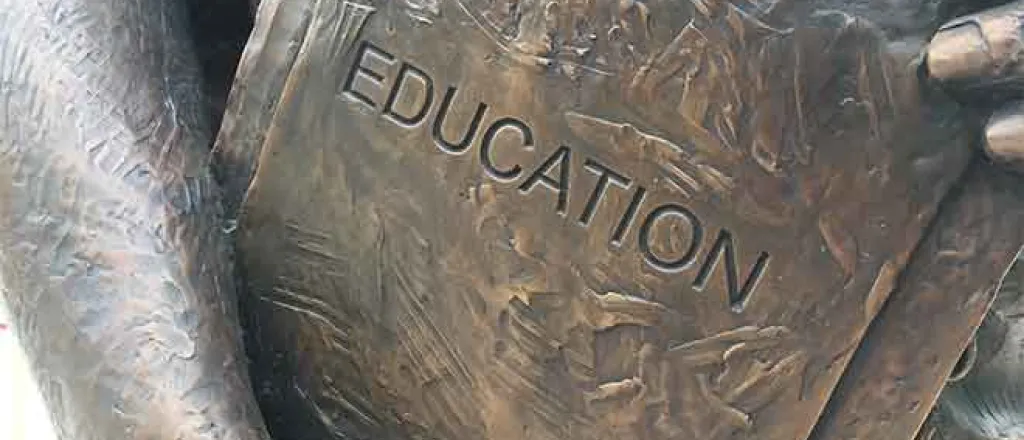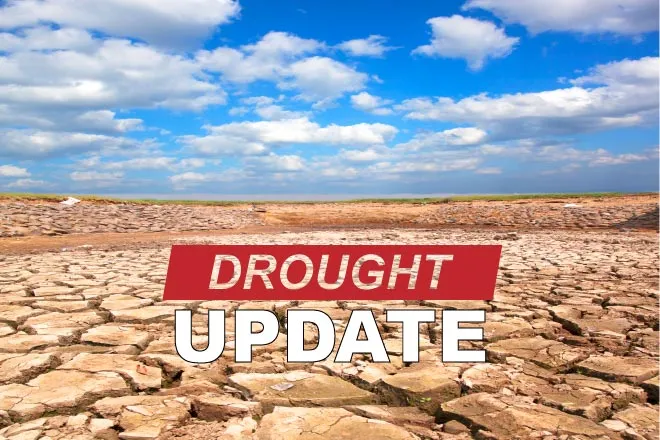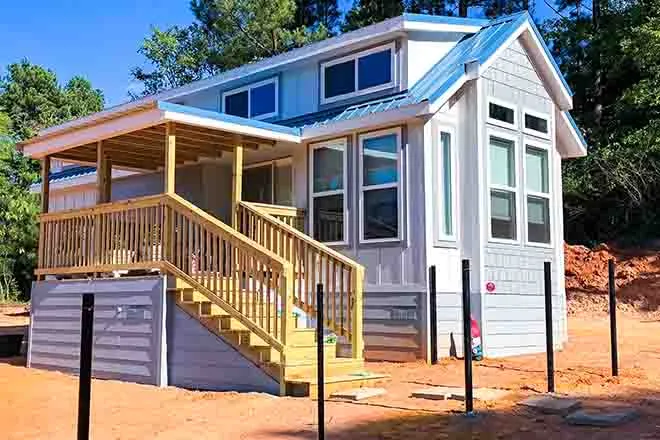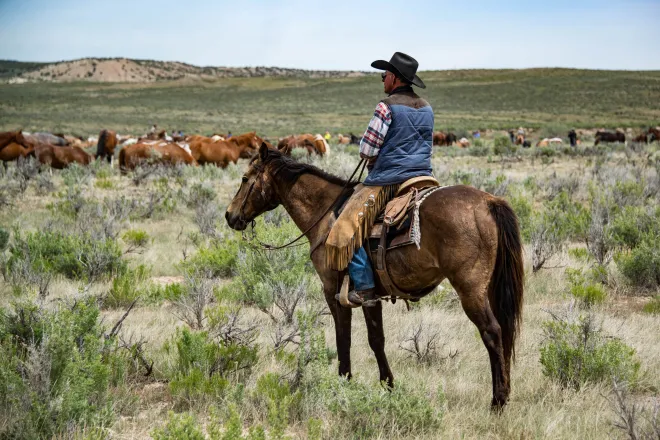
Deep data dive finds cost biggest barrier for native students
(Colorado News Connection) The biggest obstacle facing Indigenous students completing college degrees is cost, according to a new collaborative study by the National Native Scholarships Providers.
Melvin Monette, president and CEO of Indigenous Educators, said most students take on debt to pay for postsecondary education, which comes at a high cost to tribal communities. Jobs paying enough for graduates to repay their loans and support families are in short supply.
"Having that student loan debt over your head either means that you are continuously looking for those opportunities to pay it off, or you don't get to move home," Monette explained. "You are further away from where you want to be, where the family is, where your culture is, where your traditional practices are."
The report's recommendations include continued investment by governments and the private sector in scholarship organizations such as Indigenous Educators, tuition support, and supportive partnerships. For example, Colorado, Kansas, Minnesota, Montana and South Dakota now offer tuition-waiver programs to all students from federally recognized tribal nations.
Just 36 percent of Indigenous students enrolled in four-year colleges in 2014 completed degrees, compared with a 60percent graduation rate for all other students. Lifetime earnings are much higher for people with college degrees.
Cheryl Crazy Bull, president and CEO of the American Indian College Fund, pointed to one study which found graduates also score better on multiple quality-of-life indicators.
"Their well-being characteristics were excellent," Crazy Bull noted. "I think not only is it about earnings and a career pathway, but it's also about a better quality of life generally."
State officials estimate 75 percent of Colorado jobs paying a living wage require some form of postsecondary education.
Monette stressed more can be done to help families fill out the federal Financial Aid Form, which is required by many colleges before releasing need-based scholarships and grants, especially for students who are the first in their family to attend college.
"How to navigate those buildings, how to navigate those processes, how to navigate all the paperwork involved," Monette outlined. "Everything that goes along with the regular college experience, we're still learning how to navigate."
Support for this reporting was provided by Lumina Foundation.

















